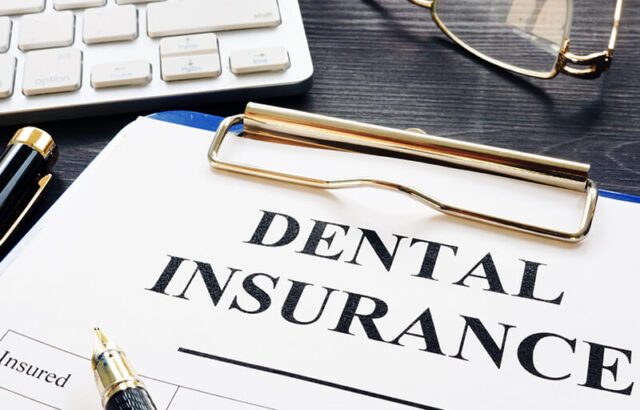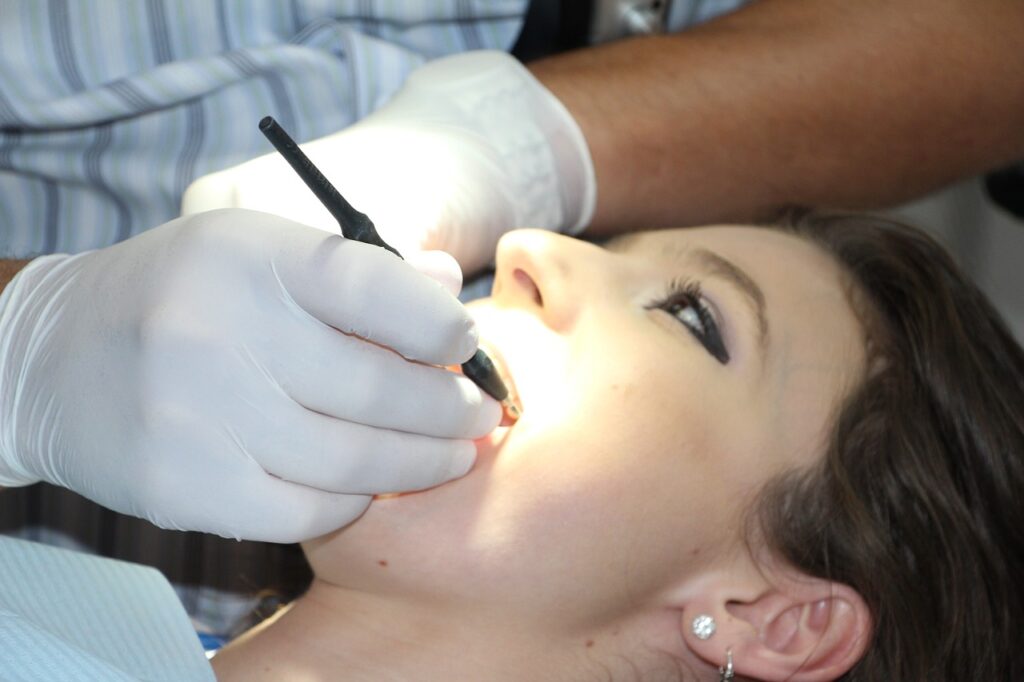
Most people are aware of the importance of oral health, but the bureaucratic side of dental plans escapes many.
Employers tend to offer such insurance through registered partners, so people don’t always think about the cost or whether it covers all of their needs.
However, as the insurance experts from HealthMarkets explain, it’s not that difficult to get a dental plan that meets your budget and requirements.
All it takes is for you to use the Internet and a wide array of available network providers to ensure affordable, high-quality care. To do that, you first need to understand the ins and outs of this service. Today, we go through the basics.
Importance of Dental Health

Let’s start by quickly touching upon teeth health’s relevance to put the need for dental plans in context.
Recent research shows strong ties between gum disease and diabetes, high BP, cardiovascular, and Alzheimer’s disease.
Dentists can use their knowledge to identify up to 120 illnesses through your mouth and provide recommendations on preventing future issues.
It’s possible to uncover and resolve these issues with regular health check-ups. Still, the studies shine a light on the importance of dental health for your overall well-being, not just your teeth and gums.
Understanding Dental Insurance

The details will differ with the policy you choose, but in general, your insurance will cover preventative care, including two dental exams and two cleanings yearly.
However, most plans won’t include 100% costs of other services. So, while picking, you must understand the benefits you’re receiving and the prices you’ll cover out-of-pocket. Knowing insurance terminology helps, and you’ll often see the following:
- Deductibles. The amount you have to pay before you can use your insurance.
- Annual maximum. Your plan incorporates a specific value of healthcare costs. If you need pricier care, you have to cover the difference.
- Coinsurance. For example, your insurer will pay 60% of the charges of your treatment. You take care of the 40% left.
- Pre-existing conditions. Insurers tend to charge more to people with pre-existing health issues.
- LEAT. The least expensive alternative treatment clause covers the most affordable treatment alternative if there are more options at the table.
Insurance Types
With the increased competition on the market, insurers started offering a wide selection of policies to meet varying needs. They tend to settle into four categories with slight individual differences.

Direct Reimbursement
This plan type compensates for a set percentage of your dental care bill. It doesn’t depend on the operation category or dentist, giving you a lot of freedom to choose exactly how you want your treatment to look.
UCR Programs
UCR stands for ‘Usual, Customary, and Reasonable.’ Like the previous type, these policies pay a determined percentage of your bill. However, they also set a UCR fee (which could differ from the dentist’s cost), and pay whichever costs them less.
While you can still go for a dentist and treatment of choice, be careful about the figures listed in your agreement.
Table of Allowance Programs
These plans will determine a list of services and rates they cover beforehand. They’ll then pay that rate for a procedure, no matter how much your dentist charges, with you funding the rest if needed.
Capitation Programs
In this case, you or your family will enroll with a dentist. The insurance company pays the doctor directly, and they provide specific treatment types at no charge in return.
Key Considerations

You might feel overwhelmed by the number of options at your disposal, especially considering how important this decision is.
You can reduce your option pool by answering the following questions:
- Do you want to choose your dentist yourself? If not, are those offered by the insurer suitable doctors?
- Do you control treatment decisions? Will your dentist go for the best option or the least expensive one?
- Do you have access to diagnostic and preventative services? What about emergencies?
- If you need a specialist, will you have to pay for their services by yourself?
- Can you afford your share of the costs? Can you find a better deal?
- Does your plan limit the number or type of procedures you might need?
With these factors in mind, it should become much more manageable to go for a plan conducive to your well-being.Other
Options

While dental insurance is the best choice for most people, it’s not the only one available. If you find yourself unable to afford dental health this way, there are ways to reduce expenses.
A health savings account can be helpful if you’re eligible, and it covers most necessary procedures. Alternatively, some dentists will offer discounts if you pay the bill in full.
Ideally, you’ll get insurance at some point, but don’t skip a dentist’s visit if you don’t have it.
Final Thoughts
Like with any other purchase, you want to get the most for your money with dental plans.
Do your homework and don’t buy the first policy that looks good, be sure you understand the terms and find a skilled doctor. Then, go for regular visits. The only way to benefit from the policy is by using it.









